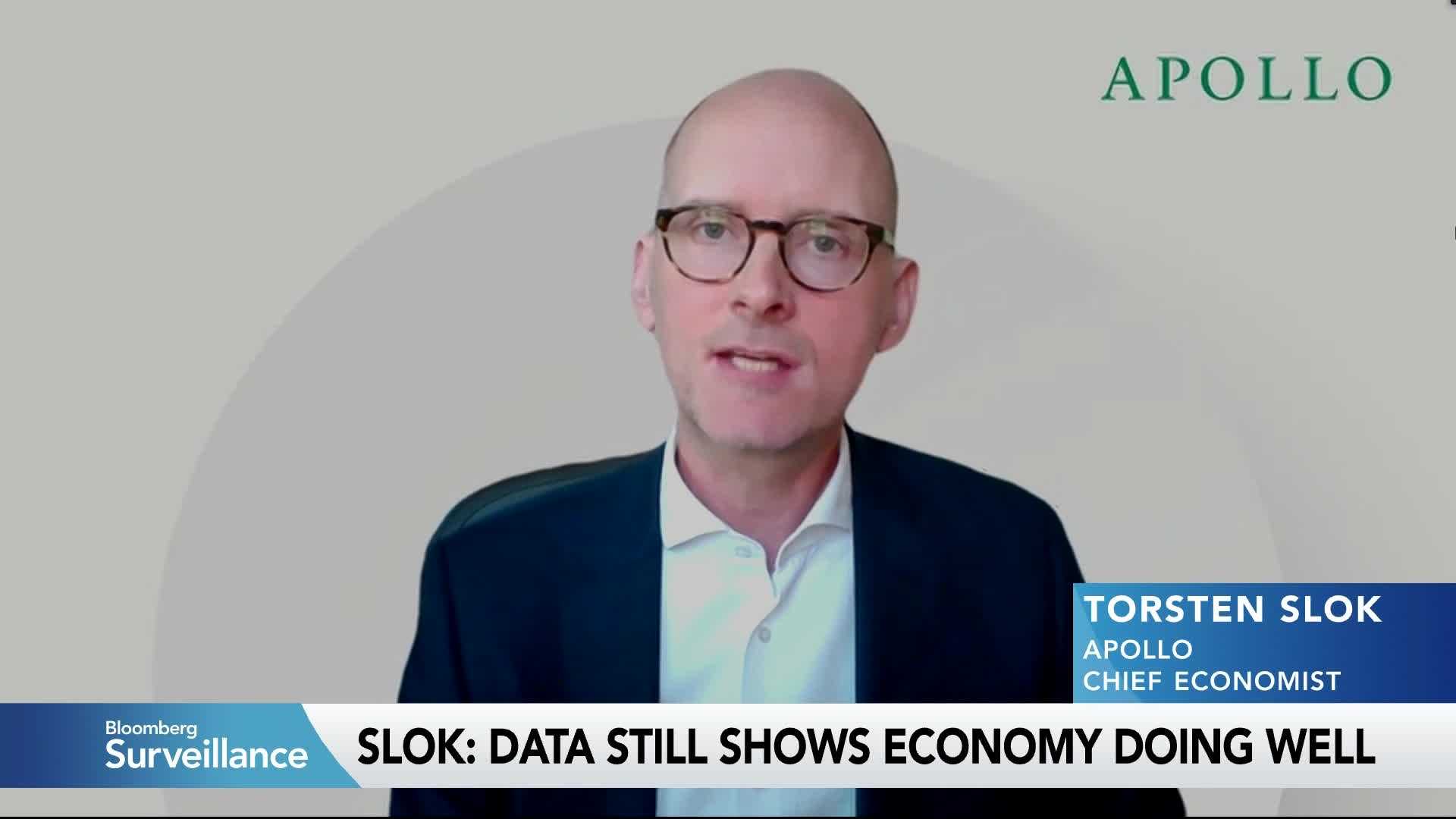Business
Torsten Sløk on the US Economy, Interest Rates, and Market Trends

Torsten Sløk, the Chief Economist at Apollo Global Management, has been providing insightful analyses on the current state of the US economy and financial markets. In recent updates, Sløk has highlighted several key trends and predictions.
Despite the Federal Reserve‘s expectations of an economic slowdown since it began raising interest rates in March 2022, the US economy remains robust. Sløk points out that indicators such as above-trend GDP growth, strong retail sales, durable goods, low jobless claims, and rising average hourly earnings all suggest continued economic strength.
Sløk also discusses the impact of interest rate changes on the market. He notes that since the Fed started raising rates, the index duration for both high-yield and investment-grade bonds has declined. Currently, high-yield duration stands at 3.5%, and investment-grade duration is close to 7%. Additionally, credit spreads for public investment-grade credit have tightened significantly, although all-in yields, particularly for private credit, remain high.
The narrative on Fed cuts is another area of focus. Sløk suggests that anticipated Fed cuts, combined with tight credit spreads and increased market confidence (or “animal spirits”), are likely to boost merger and acquisition (M&A) and initial public offering (IPO) activity in the coming quarters.
Sløk’s analysis also touches on the retirement savings challenge in the US. He emphasizes that the population is aging, retirement savings are insufficient, and retirement asset allocation is skewed towards highly concentrated daily liquid equities. This highlights the need for more retirement savings and better retirement products.
Furthermore, Sløk discusses sector performance during periods of Fed rate cuts. He notes that healthcare, financials, and consumer staples tend to outperform during such episodes, especially those ending in a soft landing.












